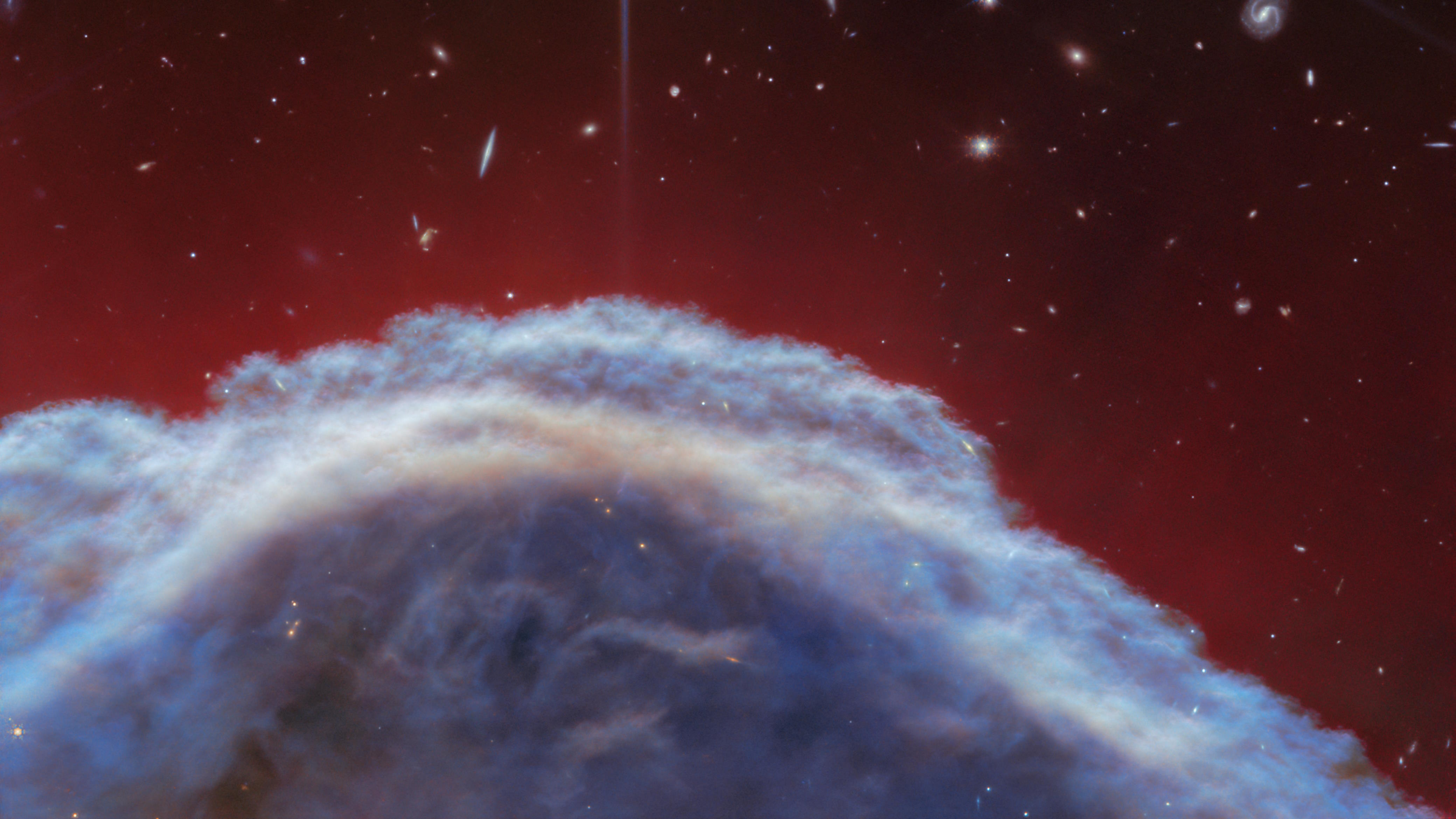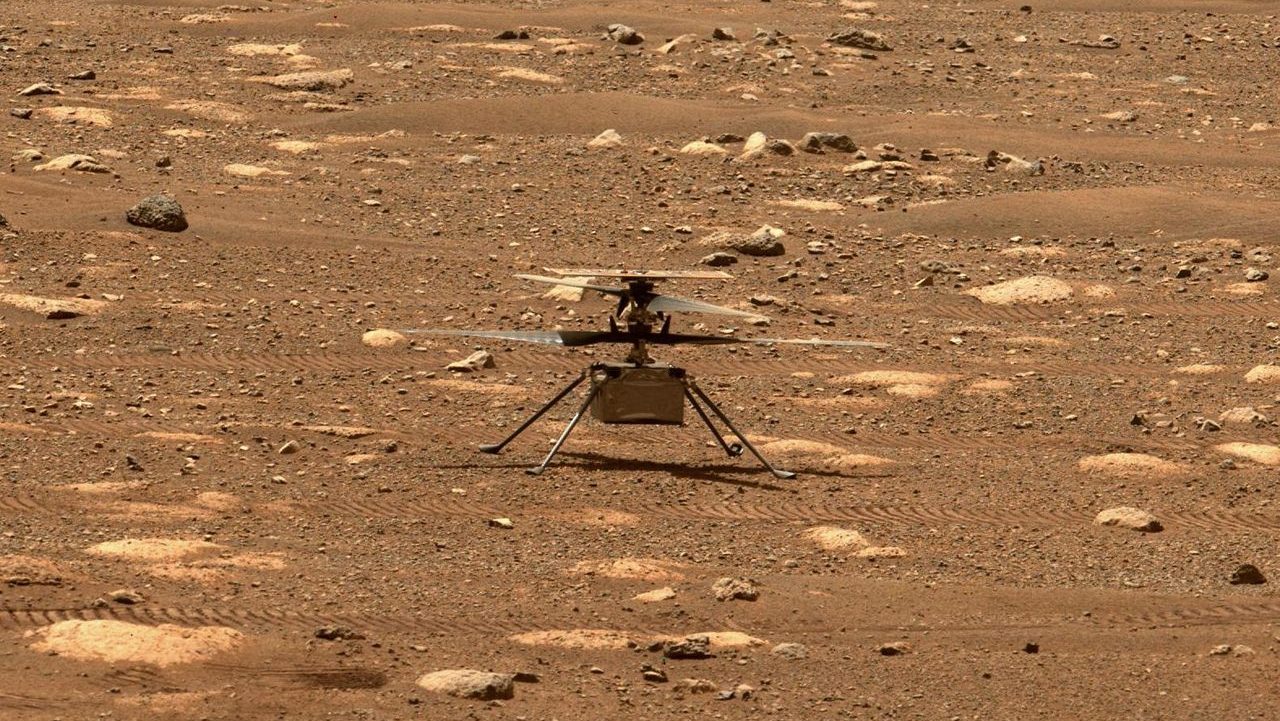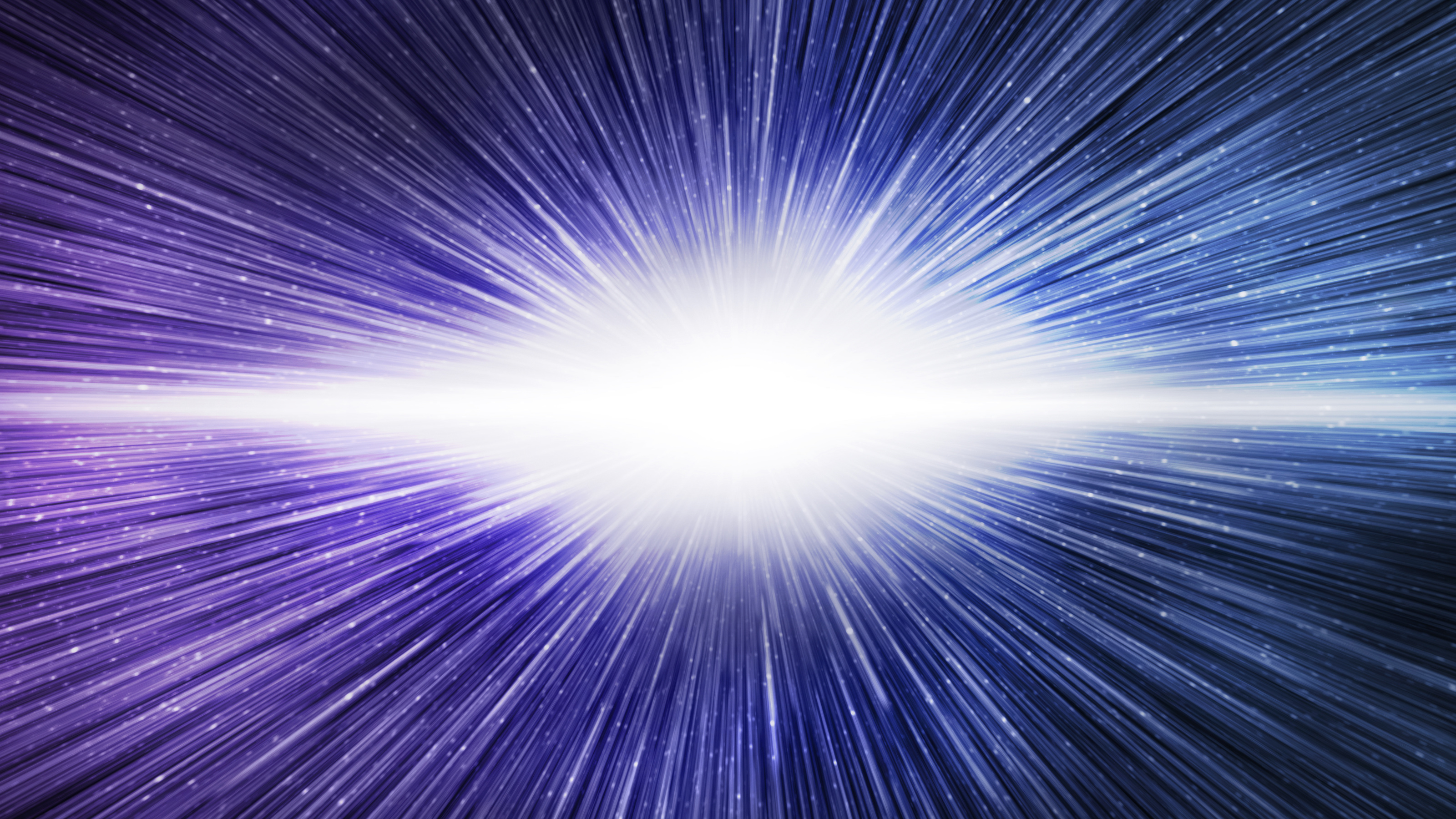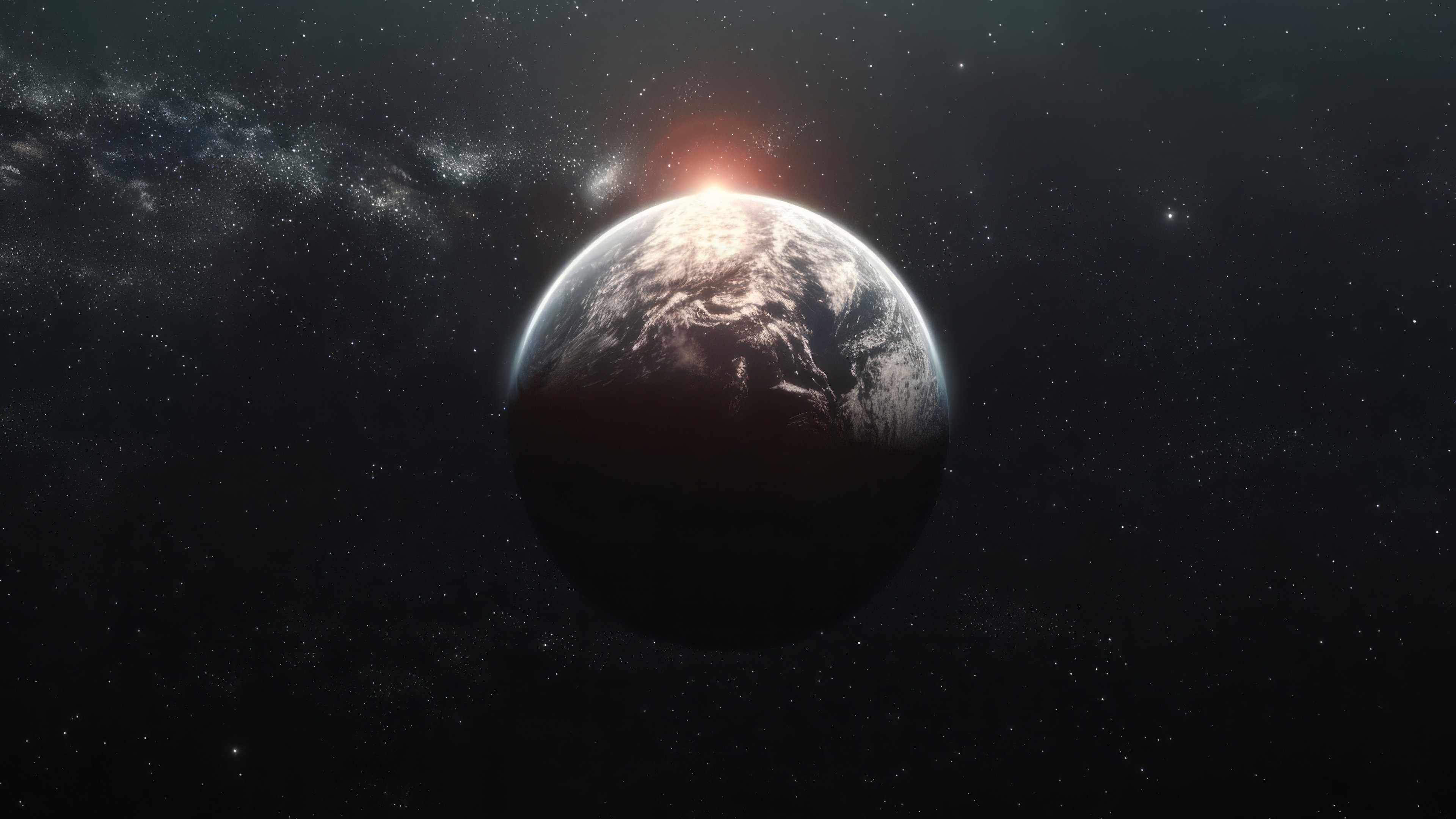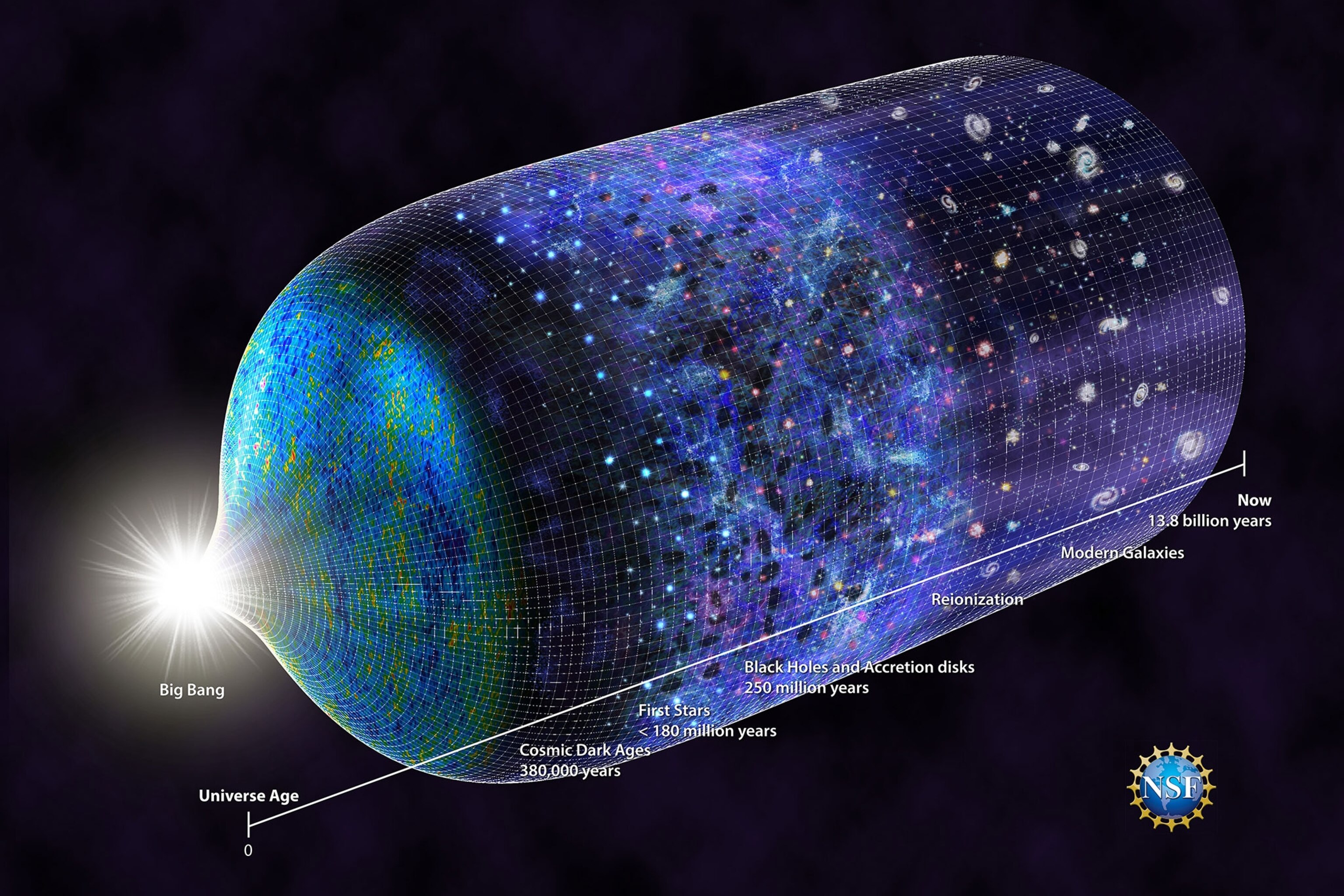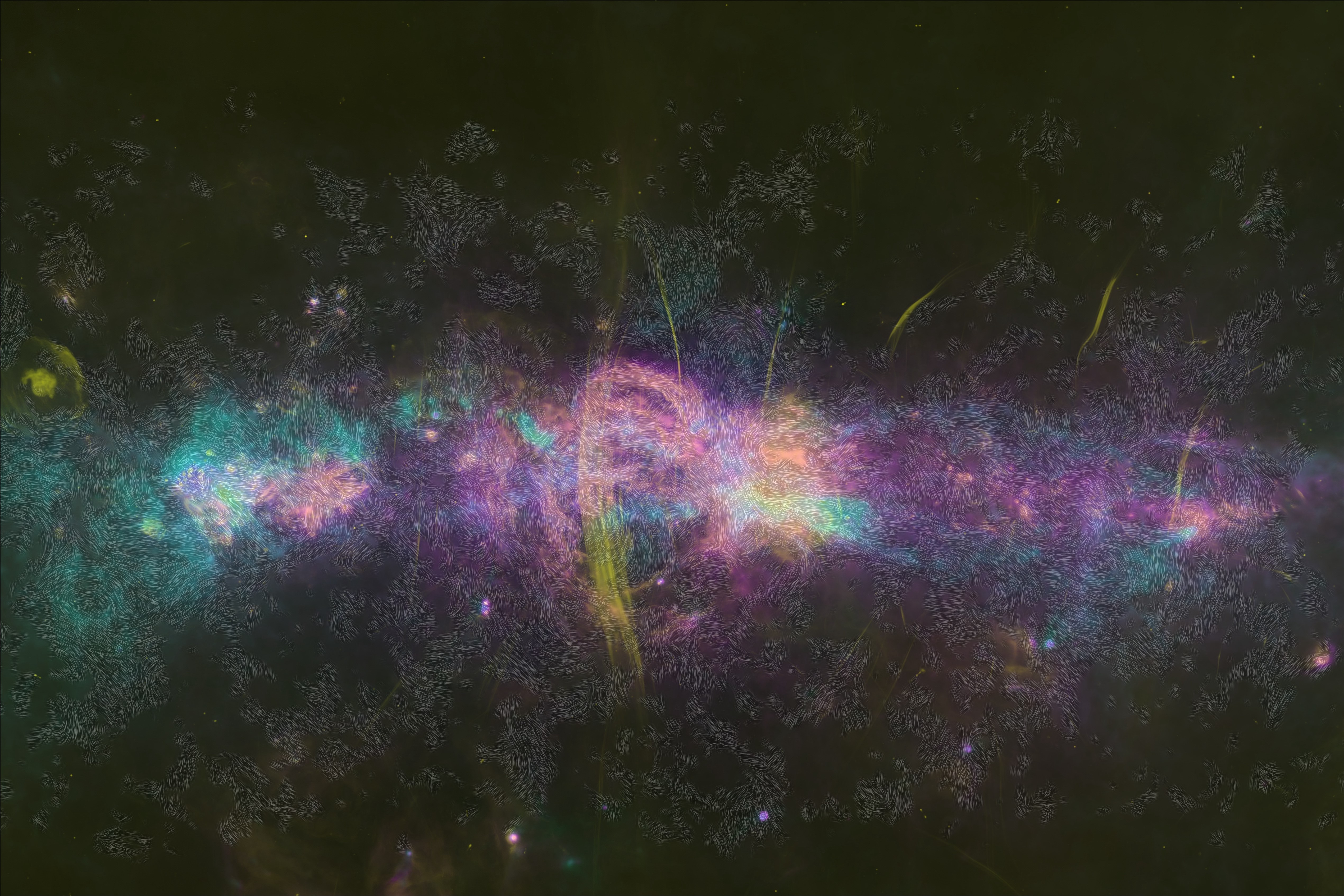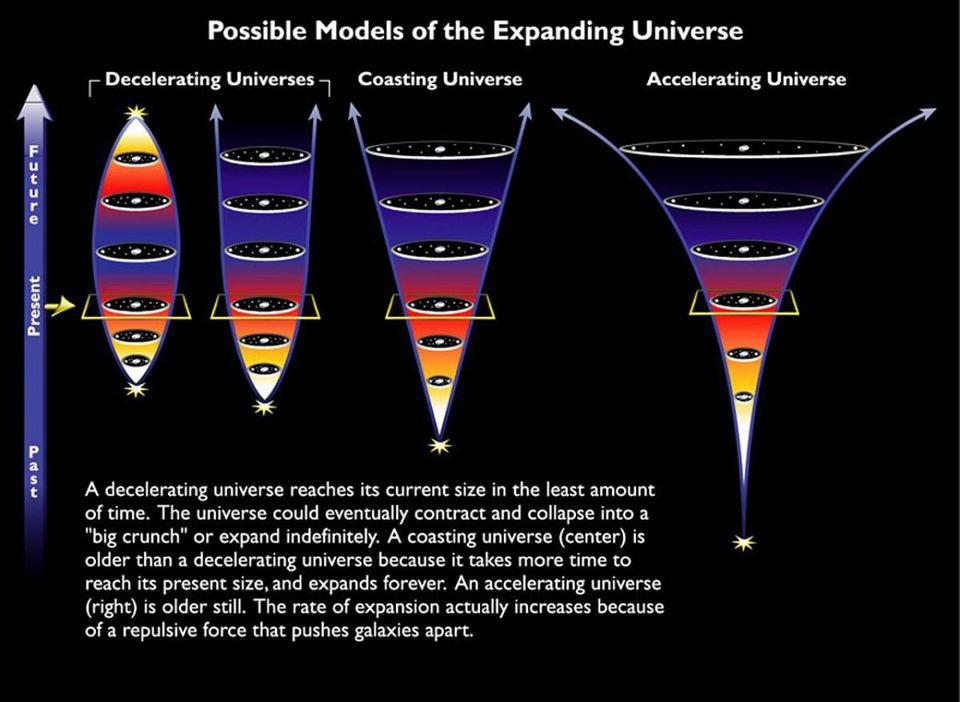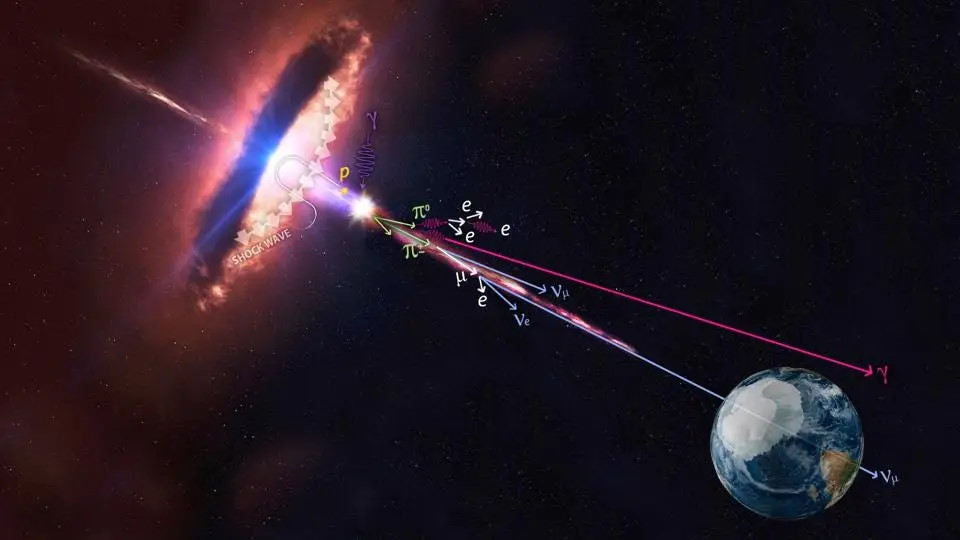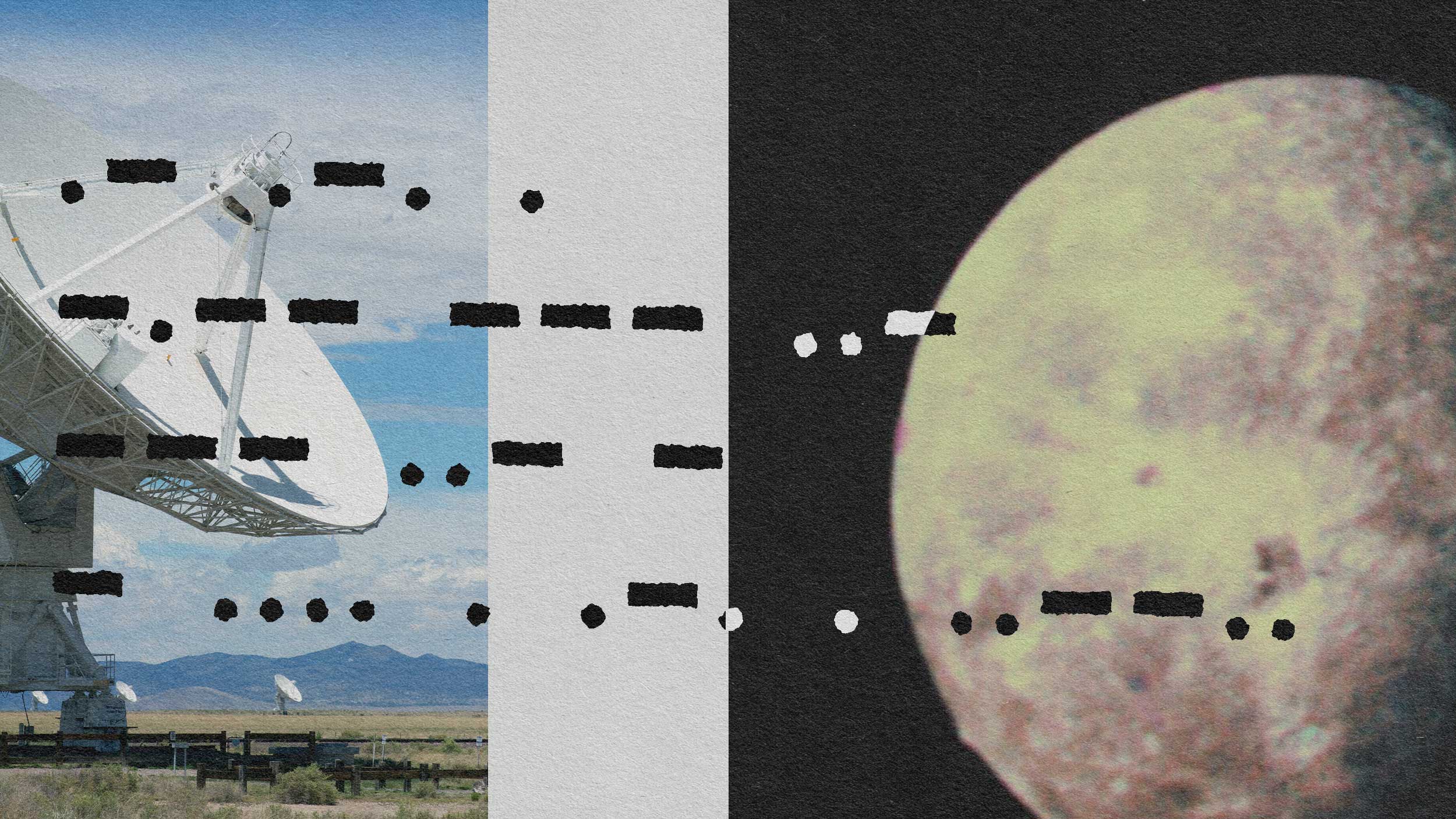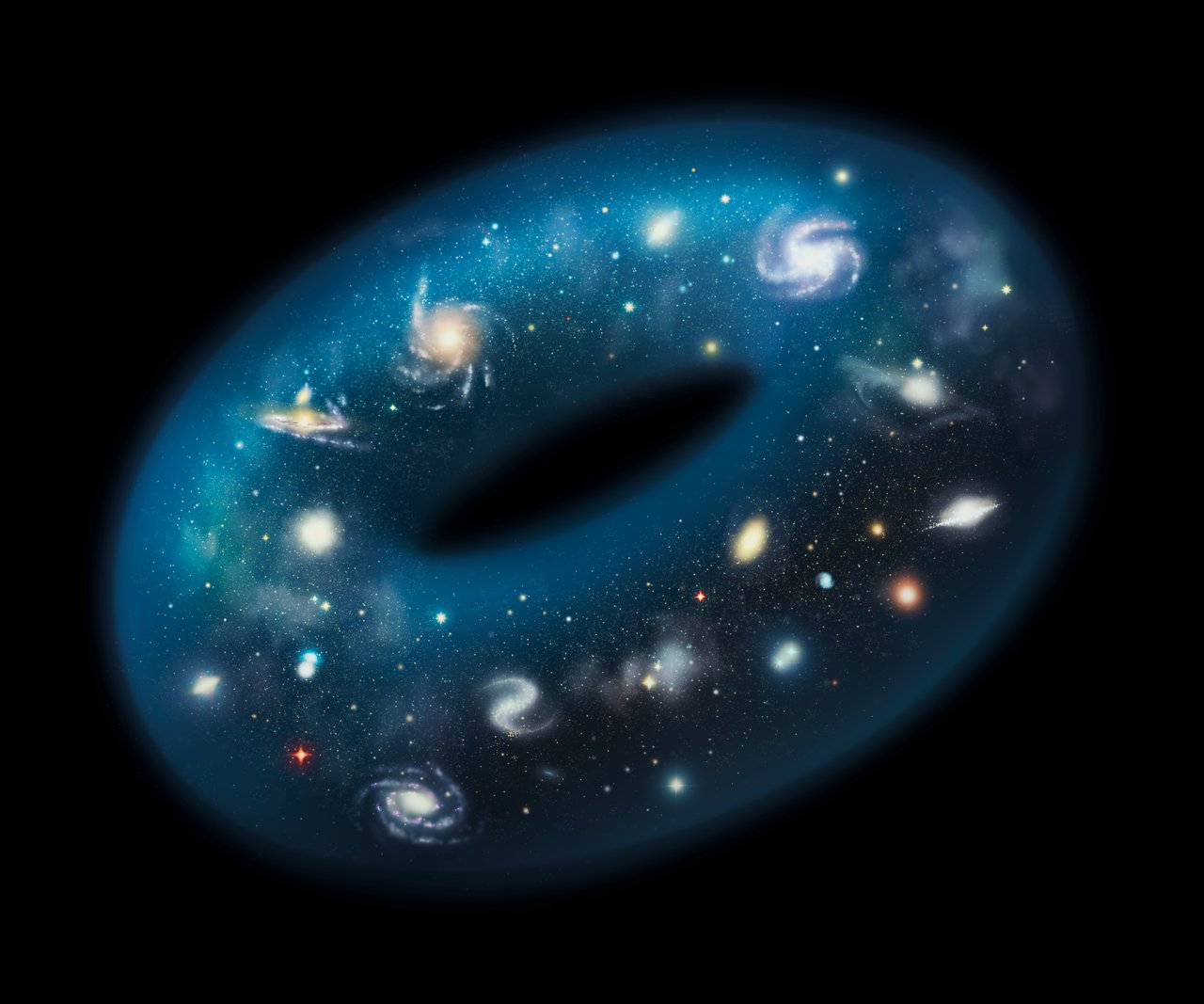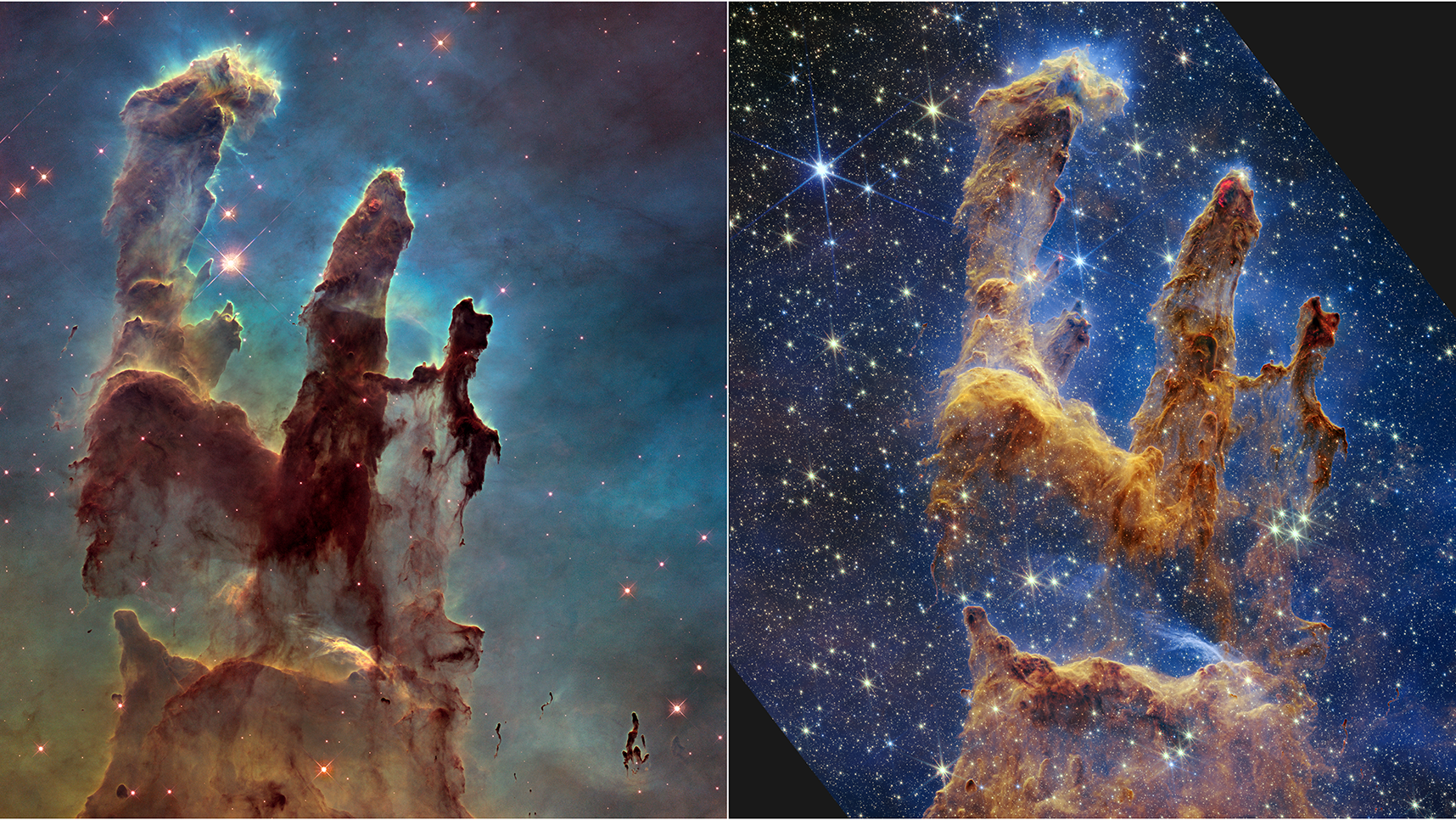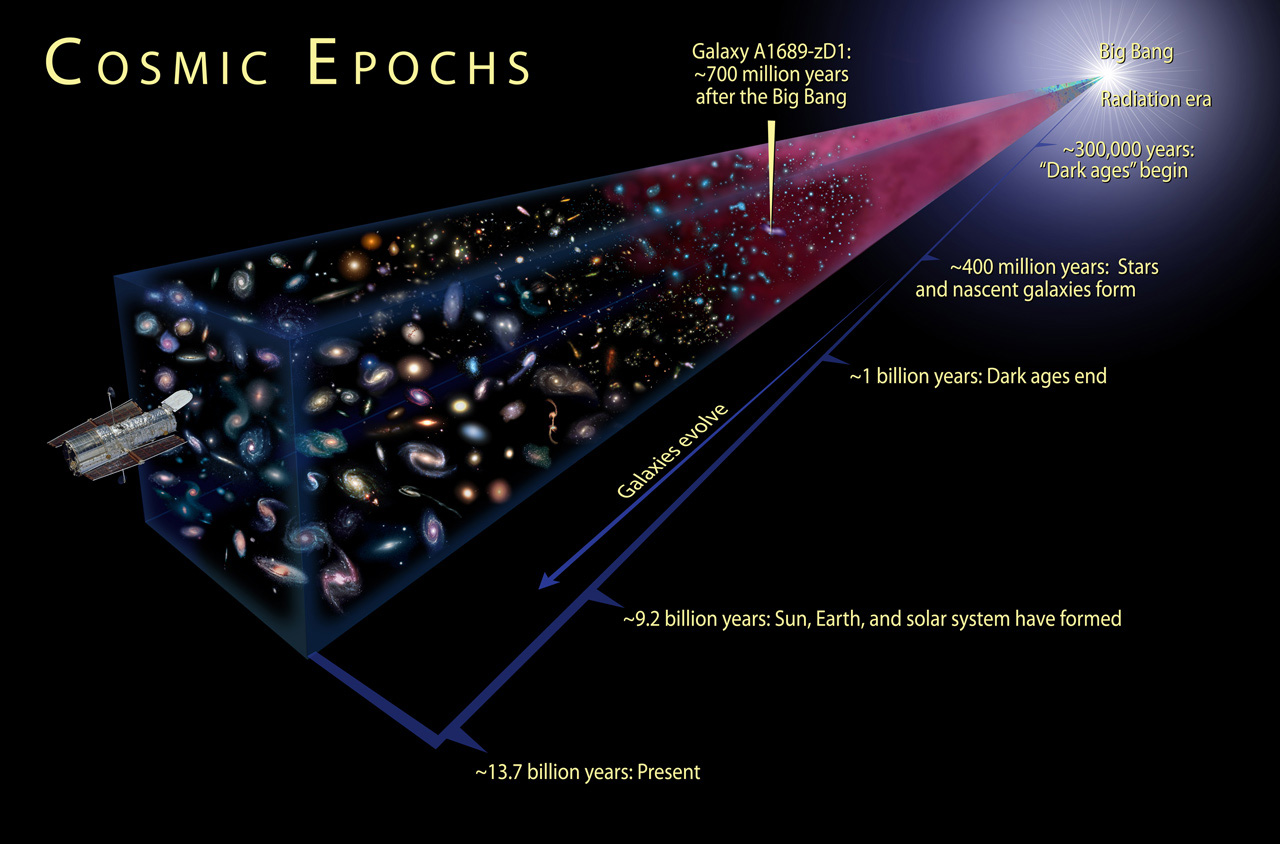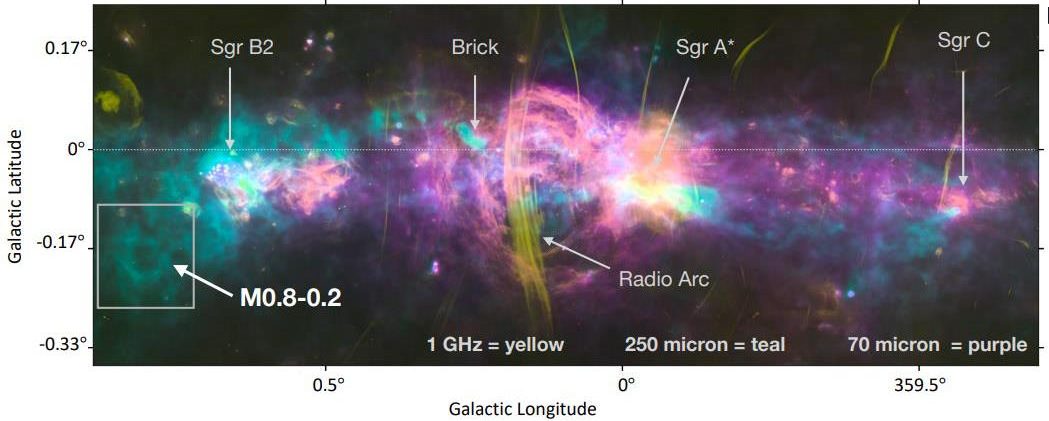Space & Astrophysics
Learning to decode complex communication on Earth may give us a leg up if intelligent life from space makes contact.
The most iconic “dark nebula” of all lights up under JWST’s infrared gaze. Here’s what’s newly discovered inside.
If the past is any guide, things are going to take off quickly.
Holograms preserve all of an object’s 3D information, but on a 2D surface. Could the holographic Universe idea lead us to higher dimensions?
In general relativity, white holes are just as mathematically plausible as black holes. Black holes are real; what about white holes?
An interview with Lisa Kaltenegger, the founding director of the Carl Sagan Institute, about the modern quest to answer an age-old question: “Are we alone in the cosmos?”
From the earliest stages of the hot Big Bang (and even before) to our dark energy-dominated present, how and when did the Universe grow up?
This first-of-its-kind image offers a detailed look at the magnetic fields within the Central Molecular Zone.
Dark energy is one of the biggest mysteries in all the Universe. Is there any way to avoid “having to live with it?”
Astranis is on a mission to help everyone in the world get online.
In the 20th century, many options abounded as to our cosmic origins. Today, only the Big Bang survives, thanks to this critical evidence.
“I hope we take a mindset where we are willing to look for weird life in weird places.”
For some reason, when we talk about the age of stars, galaxies, and the Universe, we use “years” to measure time. Can we do better?
The JWST’s observations of well-developed galaxies early in universal history may coincide with accepted astronomical theory after all.
The most common element in the Universe, vital for forming new stars, is hydrogen. But there’s a finite amount of it; what if we run out?
Life arose on Earth very early on. After a few billion years, here we are: intelligent and technologically advanced. Where’s everyone else?
Total eclipses are a product of a strange and almost eerie cosmic coincidence — one that makes Earth an even rarer world in the galaxy and, by proxy, in the Universe.
Our Universe requires dark matter in order to make sense of things, astrophysically. Could massive photons do the trick?
Explore how the study of exoplanets is transforming our understanding of ocean formation.
The Universe is expanding, and the Hubble constant tells us how fast. But how can it be a constant if the expansion is accelerating?
Here’s what recent DESI measurements suggest — and why it’s too early to update conventional predictions about the Universe’s distant future.
In all the Universe, only a few particles are eternally stable. The photon, the quantum of light, has an infinite lifetime. Or does it?
Yes, the Universe is expanding, but if you’ve ever wondered, “How fast is it expanding,” the answer isn’t in terms of a speed at all.
Since 1962, humanity has been sending messages into space with the intent to make contact with intelligent extraterrestrials. Are those efforts worth the risks?
Is the Universe finite or infinite? Does it go on forever or loop back on itself? Here’s what would happen if you traveled forever.
There are so many problems, all across planet Earth, that harm and threaten humanity. Why invest in researching the Universe?
Aliens are often portrayed in popular culture as humanoid. But in reality, intelligent extraterrestrials might take far stranger forms.
Forensics has reached the final frontier, and could be used to solve future space accidents—or crimes.
The Universe is 13.8 billion years old, going back to the hot Big Bang. But was that truly the beginning, and is that truly its age?
The center of the galaxy doesn’t just host stars and a black hole, but an enormous set of rich gassy and dusty features. Find out more!

